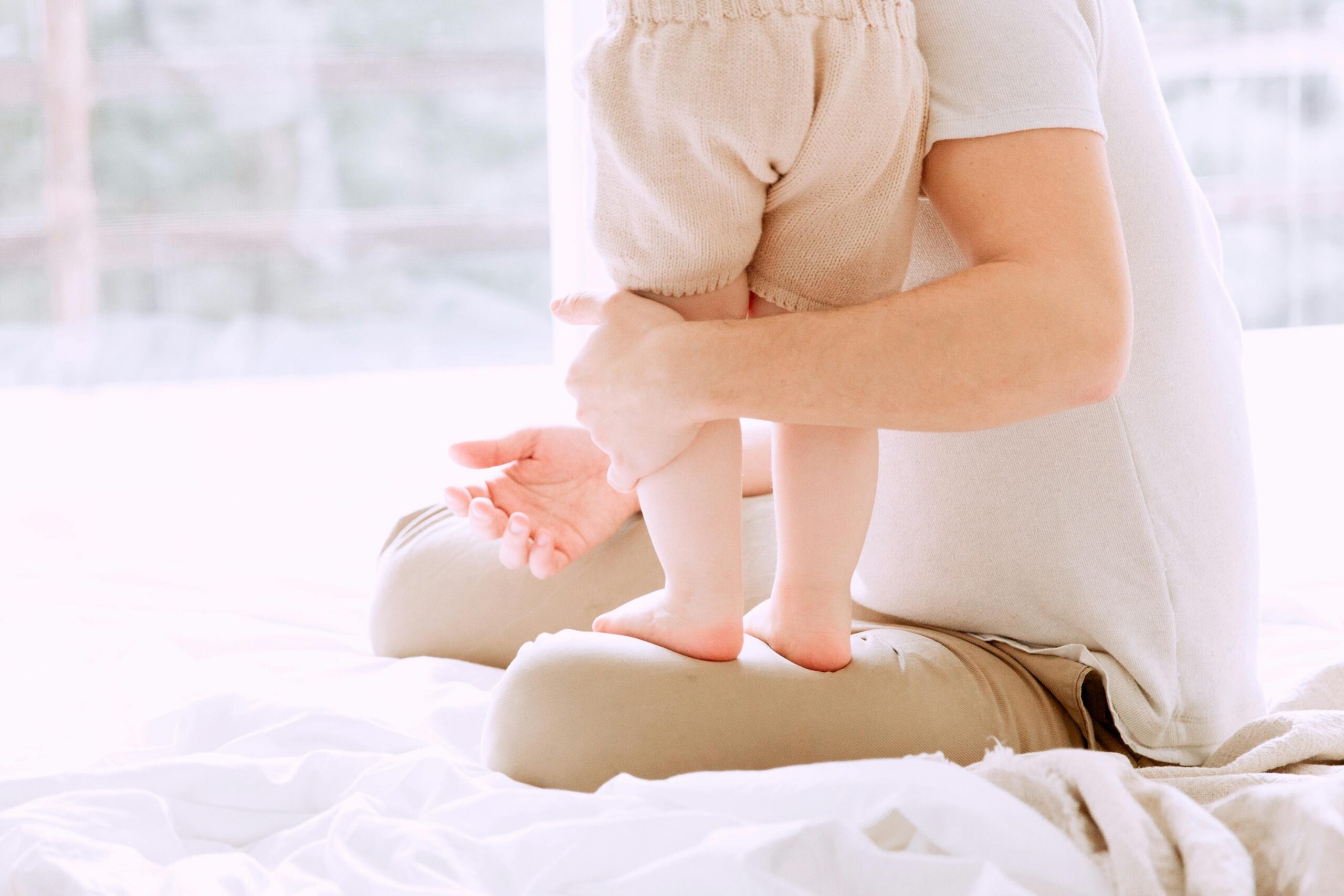Ever imagined yourself clutching your dog under one arm and a cat under the other while dodging flying debris in a tornado? Sounds like a bad disaster movie, right? But here’s the reality: 1,200 tornadoes hit the U.S. annually, and without proper planning, your pets are at serious risk during these terrifying storms.
In this post, I’ll tell you everything about keeping your furry friends safe with reinforced safe rooms—why they’re essential, how to build or choose one, and tips to make them pet-friendly. You’ll learn the importance of pet insurance that covers storm-related incidents and what mistakes to avoid when prepping for disasters.
Table of Contents
- The Problem: Why Tornadoes Are Dangerous for Pets
- Step-by-Step Guide to Building a Reinforced Safe Room
- Top Tips for Making Your Safe Room Pet-Friendly
- Real-Life Examples of Safe Rooms Saving Pets
- Frequently Asked Questions About Reinforced Safe Rooms
Key Takeaways
- Reinforced safe rooms save lives during tornadoes, including those of pets.
- Pet insurance can help cover injuries caused by natural disasters.
- A well-designed safe room must include space, comfort, and durability for pets.
- Avoid common mistakes like overcrowding or neglecting ventilation.
The Problem: Why Tornadoes Are Dangerous for Pets
Tornadoes don’t care about “no-fly zones” for cats or “safe paths” for dogs—they strike fast and furious. In an instant, your home could be reduced to rubble, leaving your pets scared, injured, or worse.
“I once thought my golden retriever would outrun any storm—he didn’t even make it through minor hail,” confessed Sarah D., an Oklahoma resident who lost her pup during a surprise tornado outbreak.

A dog hides under furniture during a simulated tornado warning drill.
And let’s not forget the stress factor: Imagine being stuck inside a flimsy shed while glass shatters around you. That’s exactly how pets feel if they’re left unprotected in a standard basement or makeshift shelter.
Rant Alert!
Here’s where I get cranky: People spend thousands on pet costumes and fancy toys but ignore disaster preparedness. Listen up—it’s time to prioritize practical safety over Insta-worthy glamour!
Step-by-Step Guide to Building a Reinforced Safe Room
Creating a fortified haven for your pets doesn’t have to be rocket science. Follow these steps:
Step 1: Assess Your Space
Choose a location away from windows and exterior walls. Basements are ideal, but interior closets work too.
Step 2: Invest in Sturdy Materials
Use steel-reinforced concrete walls and doors rated for extreme winds (up to 250 mph).
Step 3: Add Ventilation
Install secure, heavy-duty vents to ensure airflow without compromising structural integrity.

Blueprint design of a reinforced safe room showing designated human and pet zones.
Step 4: Make It Comfortable
Add padded bedding, water bowls, and favorite toys so your pets feel safe—not scared.
Grumpy Optimist Dialogue:
Optimist You: “This will be the best investment ever!”
Grumpy You: “Sure thing, buddy—as long as there’s snacks for me AND Fido.”
Top Tips for Making Your Safe Room Pet-Friendly
- Lavish on Familiarity: Include items that smell like home—blankets, pillows, etc.
- Emergency Kit Essentials: Pack canned food, medications, and poop bags.
- Pet Insurance Coverage: Ensure your policy extends to storm-related emergencies.
- Terrible Tip Disclaimer: DON’T use regular closet shelves as “safe spots.” They aren’t strong enough, genius.
Real-Life Examples of Safe Rooms Saving Pets
Take Erica S., whose family survived a Level EF5 tornado thanks to their custom-built reinforced safe room. While trees toppled outside, Erica’s two cats stayed calm inside their insulated cocoon.

A family celebrates survival alongside their pets after a tornado passes, thanks to a reinforced safe room.
Frequently Asked Questions About Reinforced Safe Rooms
What makes a room “reinforced”?
Thick, impact-resistant materials designed to withstand high wind speeds and flying debris.
Do all pet insurances cover tornado-related injuries?
Nope. Always check exclusions. Policies vary widely depending on providers.
How much does a reinforced safe room cost?
Anywhere from $2,500 to $10,000+, depending on size and features.
Conclusion
Reinforced safe rooms aren’t just life-saving shelters—they’re peace-of-mind machines for pet parents everywhere. With proper planning, quality materials, and a dash of love, you can keep your fur babies safe when the skies turn deadly.
So go ahead, build that bunker—and may it never see action. Like Frodo’s cloak, invisible but ready—for anything.
P.S. Remember: Stay safe AND caffeinated during construction. Coffee = sanity fuel.


